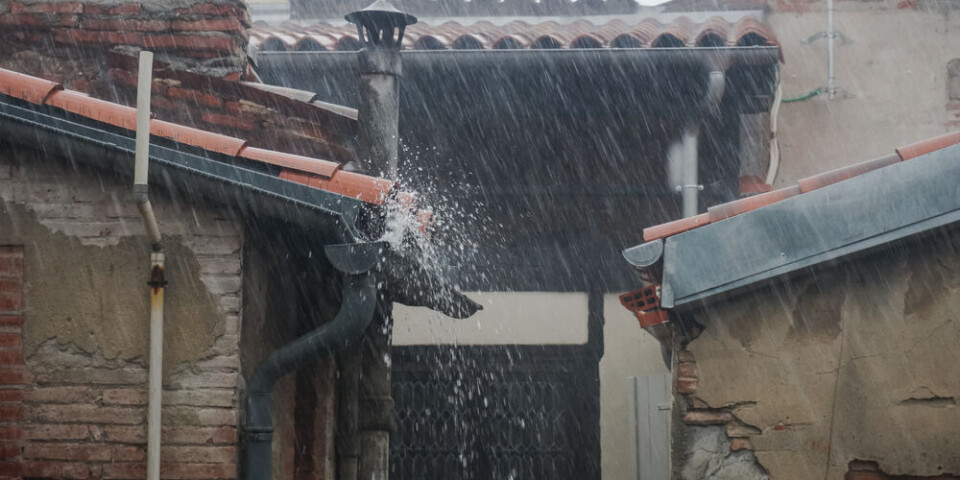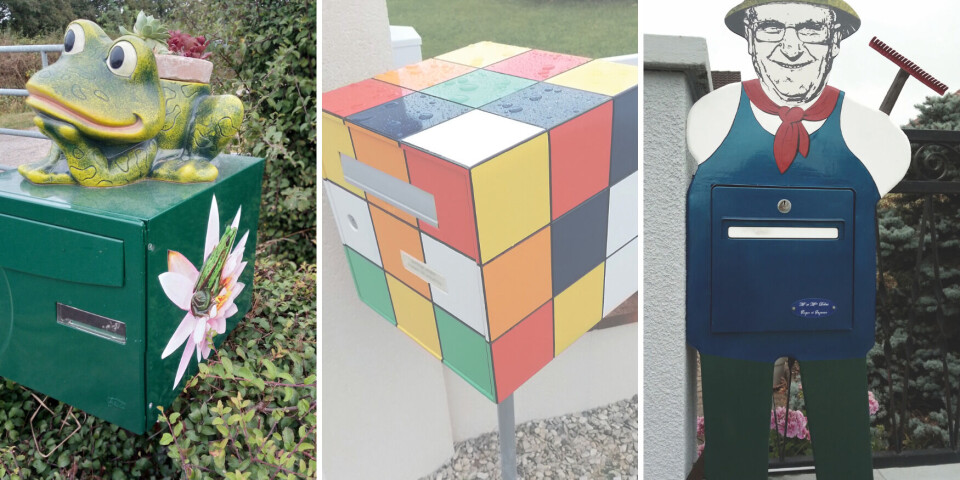-
Guess the French phrase behind this photo clue...
Can you work out which idiomatic expression is depicted below?
-
Learning French: how workers can enjoy the silence at the bibliothèque
Discover the best remote working options in France, from home offices to libraries
-
Learning French: when and why do we say être dur de la feuille?
A leaf-themed phrase for when a person is hard of hearing
Être fourmi plutôt que cigale: A French expression you may hear today
French journalists today say pharmaceutical firms are being asked to act like ants, not cicadas – we look at what they mean and the origin of the phrase

French pharma firms are being urged to be ‘ants not cicadas’ in the French media today, an expression which dates back to writer La Fontaine.
As The Connexion reports today, pharmaceutical laboratories in France are being told they must maintain a minimum of two months’ worth of stock of all drugs of ‘major therapeutic interest’ – that is to say medication where a pause in treatment could significantly affect a patient’s health.
Read more: France requires increased stock of vital medicines to avoid shortages
To put it another way, they are being asked to être fourmi plutôt que cigale, translated literally as ‘to be an ant rather than a cicada’.
This comes from one of the popular fables of 17th century writer Jean de La Fontaine, a well-loved classic in France.
While the original story has been traced back to the Greeks, the saying took on life in France due to La Fontaine’s fable The Cicada and The Ant, published in 1668.
In La Fontaine’s adaptation, the cicada, having done nothing but sing all summer, finds itself hungry once autumn comes.
It asks to borrow food from the ant, who had spent the summer stocking up.
The ant, however, declines and instead offers a humorous moral on the importance of thinking ahead.
La Fontaine’s fables, long studied in French schools, have given rise to a number of popular expressions, such as montrer patte blanche (meaning to show that you can be trusted)
Another you may hear is Adieu, veau, vache, cochon, couvée (farewell calf, cow, pig, eggs), used to express resignation when you have to give up on hopes you had for something (it comes from the story of Perette and the Milk Pot), or tirer les marrons du feu (pulling the chestnuts from the fire), from The Monkey and the Cat, which refers to successfully getting out of a risky situation to your own advantage.
Related articles
Donner sa langue au chat: A French expression you may hear today
Mettre un bémol: A French expression you may hear today
Avoir une dent contre: A French expression you may hear today
























